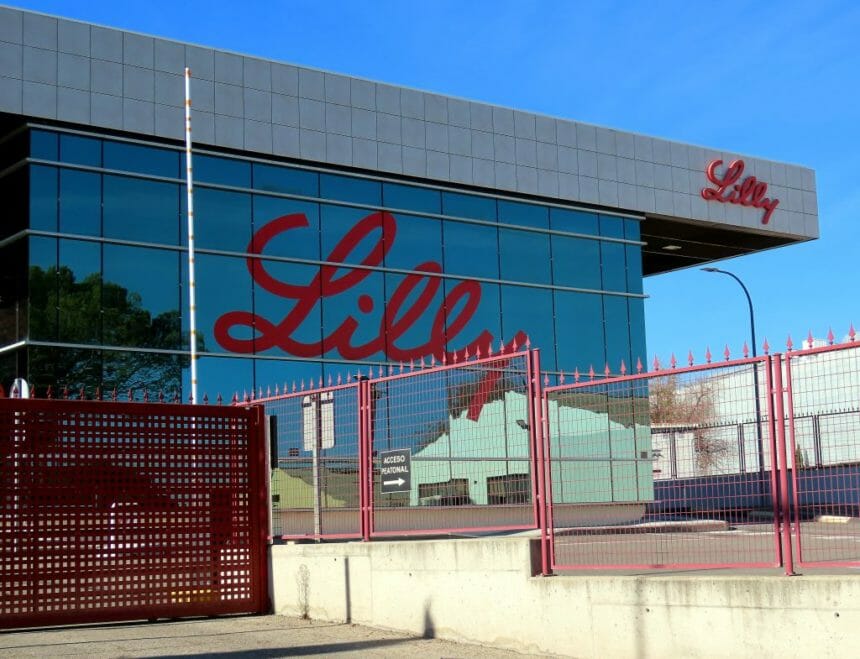Months after the Food and Drug Administration rejected Eli Lilly’s accelerated-approval submission for donanemab, the company announced that the early Alzheimer’s disease treatment succeeded in a Phase 3 trial.
Lilly unveiled the results Wednesday morning, noting that the drug met its primary endpoint as well as all secondary endpoints measuring cognitive and functional decline.
The trial indicated that nearly half of the participants on donanemab had no clinical progression of Alzheimer’s at the one-year mark, compared with 29% of patients on the placebo. The drug also slowed the clinical decline of patients by 35% compared to the placebo, with 40% less decline in the ability to perform daily activities.
Additionally, more than half of the participants completed their course of treatment by 12 months.
The pharma giant said it plans to proceed with global regulatory submissions as soon as possible and will make a submission to the FDA this quarter. When the agency previously rejected the drug for accelerated approval, it requested additional data from Lilly that included at least 100 patients who received a minimum of 12 months of continued treatment.
“We are extremely pleased that donanemab yielded positive clinical results with compelling statistical significance for people with Alzheimer’s disease in this trial,” said Daniel Skovronsky, MD, PhD, Lilly’s chief scientific and medical officer, and president of Lilly Research Laboratories, in a statement. “This is the first Phase 3 trial of any investigational medicine for Alzheimer’s disease to deliver 35% slowing of clinical and functional decline.”
The impressive Phase 3 trial data sets the stage for donanemab to compete against Leqembi, the Alzheimer’s treatment jointly developed by Biogen and Eisai, which received accelerated approval from the FDA in early January.
The drug has already achieved its first sale, prescription written and patient infusion, with both companies seeking full approval from the FDA in early July.
A recent analysis predicted that Leqembi would be a “blockbuster” drug, generating nearly $13 billion in sales by 2028. While the study said Leqembi would face stiff competition from donanemab, it noted that the latter’s prior rejection for accelerated approval puts Leqembi in a “favourable position” to emerge as “one of the best-selling drugs for Alzheimer’s disease in the coming years.”
After releasing the trial results, Lilly CEO David Ricks said that donanemab is expected to be priced in the range of similar drugs. Leqembi is currently priced at $26,500, which is signfitcantly less than its troubled predecessor Aduhlem but still 20% too high according to a drug pricing watchdog.
The donanemab results were welcome news for Lilly’s stock, which was trading up around 4% during the early morning session.
Additionally, stakeholders weighed in with praise for the results, with the Alzheimer’s Association calling it the “strongest Alzheimer’s Phase 3 data release to date.”
“These donanemab Phase 3 results are significant and further underscore the scientific evidence and personal benefit these types of treatments can have when people can get access to them,” said Alzheimer’s Association CEO Joanne Pike, DrPH, in a statement. The Centers for Medicare & Medicaid Services (CMS) policy to block Medicare access to Food and Drug Administration (FDA)-approved Alzheimer’s treatments is in stark contrast to scientific evidence, is unprecedented and must be reversed immediately.”
The organization added that a full readout of the results is expected at the Alzheimer’s Association’s International Conference in July.







